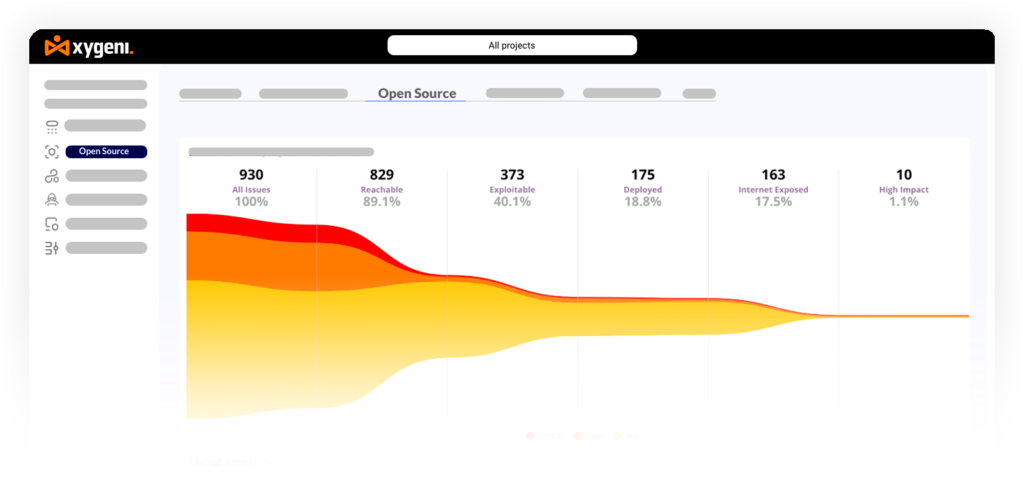Configuration Convenience That Becomes a Risk
The bepinex.configurationmanager plugin makes it easy for developers and modders to manage settings visually. But this same convenience can become a security problem. When configurations are stored or shared insecurely, they may leak tokens, local paths, or private API credentials. Developers often assume bepinex configurationmanager files are local and harmless, but in open-source or multiplayer modding environments, anyone with access to a misconfigured .cfg file can read sensitive data or tamper with plugin behavior.
Common Vulnerabilities in Configuration Handling
Weak handling of configurationmanager files often results in credentials and internal paths being left unprotected.
Typical errors include:
- Storing API keys or tokens as plain text
- Serializing sensitive values without encryption
- Using world-readable permissions on .cfg directories
⚠️Insecure example, for educational purposes only. Do not use in production.
// Insecure configuration handling
public static ConfigEntry<string> ApiToken = Config.Bind(
"Auth", "Token", "ghp_12345SECRET", "API token for uploads"
);
This bepinex.configurationmanager setup writes the token directly to a .cfg file in cleartext, accessible to anyone who can read the plugin folder.
Secure version:
// Secure configurationmanager handling with encryption
public static ConfigEntry<string> ApiToken = Config.Bind(
"Auth", "Token", Encrypt(ReadFromVault("API_TOKEN")),
"Encrypted token for secure use"
);
Educational note: Always encrypt or retrieve secrets from a protected source. Avoid hardcoding sensitive data into bepinex.configurationmanager files or leaving them world-readable.
Real-World Exposure in Modding and Plugin Development
Many bepinex configurationmanager files end up pushed to public repositories or distributed with mods. These .cfg files can unintentionally reveal:
- Windows user paths (C:\Users\<Name>\AppData\…)
- Server IPs or tokens used for private APIs
- File structures of the modder’s local system
⚠️Insecure example, for educational purposes only. Do not use in production.
# Example of a leaked configuration file
[Upload]
ServerURL=https://private-server/api/upload
LocalPath=C:\Users\Admin\Projects\ModAssets
AuthKey=ghp_ABCSECRET
Attackers can extract tokens or map local directories from these exposed files, a common bepinex configurationmanager risk in mod repositories.
Secure version:
# Sanitized configuration example
[Upload]
ServerURL=https://api.example.com/upload
LocalPath=./assets
AuthKey=${API_KEY_ENV}
Educational note: Never include local paths or secrets in distributed .cfg files. Use environment variables or deployment-time configuration injection instead.
Secure Configuration Management Practices
Treat bepinex.configurationmanager settings as sensitive assets. Even non-production mods can leak data through insecure configs or backups.
Best Practices
- Encrypt or obfuscate sensitive values before saving.
- Restrict permissions on plugin directories (chmod 600 or NTFS ACLs).
- Avoid serialization of secrets or filesystem paths.
- Sanitize exported configs before sharing or committing.
- Validate config files automatically in build pipelines.
Mini preventive checklist
- Review .cfg files for tokens or personal data.
- Use environment variables or vault integration.
- Lock down file permissions in mod/plugin folders.
- Add config linting to CI/CD pipelines.
- Document which settings are safe to share publicly.
Educational note: Every bepinex configurationmanager file should be treated like a credentials file, scan, restrict, and validate it continuously.
How Xygeni Detects Unsafe Configurations in .NET and BepInEx.ConfigurationManager
Xygeni Code Security identifies misconfigurations and secrets left inside bepinex.configurationmanager or .NET config files. It detects:
- Plaintext credentials in .cfg
- Overly permissive file access
- Unsafe serialization of sensitive values
- Exposure of private paths in build artifacts
Functional snippet, guardrail example:
# CI/CD guardrail using Xygeni
- name: Validate configs
run: dotnet xygeni enforce --rules config,secrets,bepinex --fail-on-risk
Educational note: Xygeni automates secure configuration checks during CI/CD. It prevents secrets and private data in bepinex configurationmanager files from leaking to public builds or repositories.
Wrap-Up: Locking Down BepInEx.ConfigurationManager to Prevent Data Leaks
The bepinex.configurationmanager plugin simplifies configuration management, but it’s easy to expose secrets or personal data if misused. Encrypt values, restrict access, and never publish raw .cfg files. Integrate Xygeni Code Security to automatically detect insecure configurations and enforce safe practices across your configurationmanager and modding projects. Security begins with how you store and share your settings!









